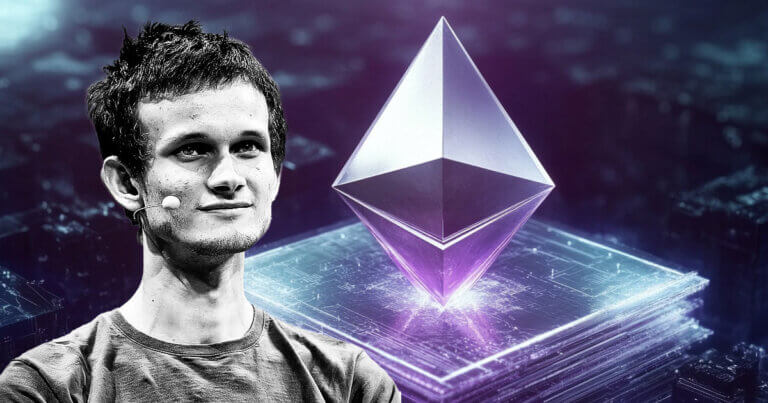 Ethereum’s Buterin vows to support only highly decentralized Layer-2 projects
Ethereum’s Buterin vows to support only highly decentralized Layer-2 projects Ethereum’s Buterin vows to support only highly decentralized Layer-2 projects
Buterin's position comes as the Layer2 networks have faced increasing criticism for their ceentralization.

TechCrunch / CC BY 2.0 / Flickr. Remixed by CryptoSlate
Ethereum co-founder Vitalik Buterin announced a change in how he will discuss Layer 2 (L2) projects starting next year.
In a Sept. 12 X post, Buterin said he would only publicly recognize L2s that have reached Stage 1 or higher in their decentralization efforts regardless of his investment.
He stated:
“I take this seriously. Starting next year, I plan to only publicly mention (in blogs, talks, etc) L2s that are stage 1+, with ‘maybe a short grace period’ for new genuinely interesting projects. It doesn’t matter if I invested, or if you’re my friend; stage 1 or bust.”
Buterin outlined the criteria for Stage 1+ rollups. According to him, a network would require 75% consensus from the council to override the proof system, with at least 26% of council members being independent of the rollup.
Buterin noted that his requests were reasonable and necessary for the security of the networks. He said:
“Stage 1 (75% threshold on council to override the proof system, 26%+ of council must be outside the rollup team) is a very reasonable moderate milestone. The multisigs I’m in have not had a single liveness failure in years, let alone 26%.”
The Ethereum co-founder concluded that the “era of rollups being glorified multisigs is coming to an end. The era of cryptographic trust is upon us.”
Layer-2 networks criticism
Buterin’s current position comes as Ethereum layer-2 networks have recently been criticized for their centralized structures.
Last month, Cyber Capital’s Justin Bons raised concerns, arguing that these networks pose risks due to their centralization, potentially allowing them to steal users’ funds.
However, Buterin countered that highly decentralized L2 solutions cannot take users’ funds without reaching a strong consensus.
Meanwhile, these debates occur as Ethereum’s Layer 2 networks, including Arbitrum, Optimism, Base, and zkSync, have surged in growth. Already, Over 80% of Ethereum’s transactions now occur on L2 solutions, and there are growing indications that their developments will only further accelerate due to their high level of adoption.


















































































































